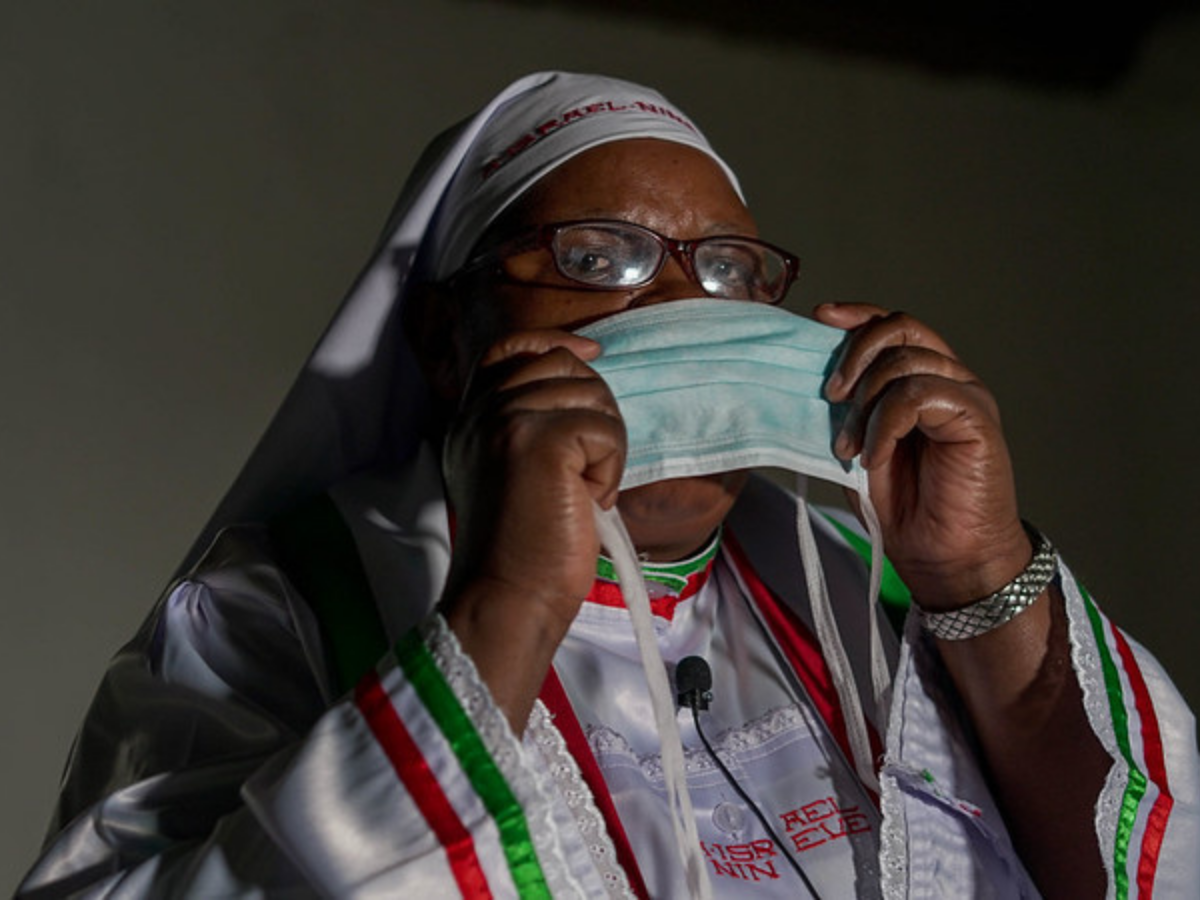In an article published in the American Journal of Public Health entitled Is Omicron Showing Us the Path Ahead?, co-authored by ICAP’s global director Wafaa El-Sadr, MD, MPH, MPA, and professor of medicine and epidemiology Steven Shea, MD, MS, the authors highlight how the Omicron variant reveals a path forward to co-existence with COVID-19.
The authors describe key characteristics of Omicron in terms of its high transmissibility, its tendency to result in asymptomatic or less severe symptoms, and how the availability of effective vaccines and promising treatments allows for a new reality – a diminishing fear of COVID-19 and an adjustment of our messaging around this pandemic.
“We are collectively moving to acceptance that elimination or eradication of this coronavirus is highly unlikely in the near future,” said El-Sadr. “This motivates the need to find equilibrium with this virus that allows for maintaining the health of communities as well as economic and social wellbeing of societies.”
This new reality of co-existence with COVID-19, the authors said, will only be possible if vaccines – the “game changers” – are made available to the broad global community. Currently, only half of the global population is fully vaccinated against COVID-19. This translates into billions of people who remain vulnerable not only to infection, but severe illness, facilitating the potential for emergence of new variants, which may not be as forgiving as the Omicron variant. Unfortunately, it is anticipated that similar disparities will remain in global access to effective treatments for COVID-19.
“As we move forward to a new reality, it is critically important to appreciate the need to prioritize those who are most vulnerable to severe COVID-19 disease,” said Shea. “Such individuals must be prioritized in terms of vaccination, testing – especially if symptomatic – and providing them with prompt access to treatment.”
Read the full article here.
About ICAP
A major global health organization that has been improving public health in countries around the world for nearly two decades, ICAP works to transform the health of populations through innovation, science, and global collaboration. Based at Columbia Mailman School of Public Health, ICAP has projects in more than 30 countries, working side-by-side with ministries of health and local governmental, non-governmental, academic, and community partners to confront some of the world’s greatest health challenges. Through evidence-informed programs, meaningful research, tailored technical assistance, effective training and education programs, and rigorous surveillance to measure and evaluate the impact of public health interventions, ICAP aims to realize a global vision of healthy people, empowered communities, and thriving societies. Online at www.icap.columbia.edu








